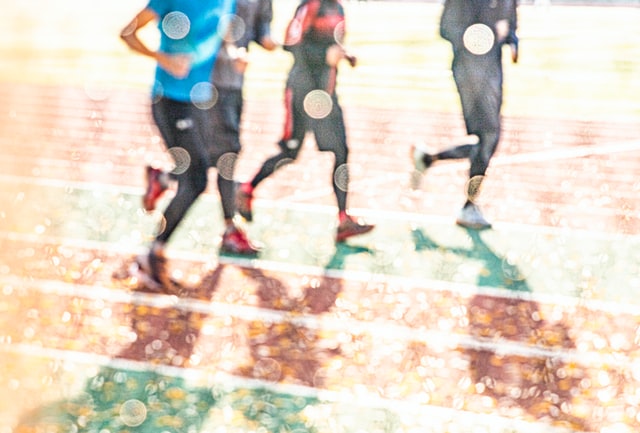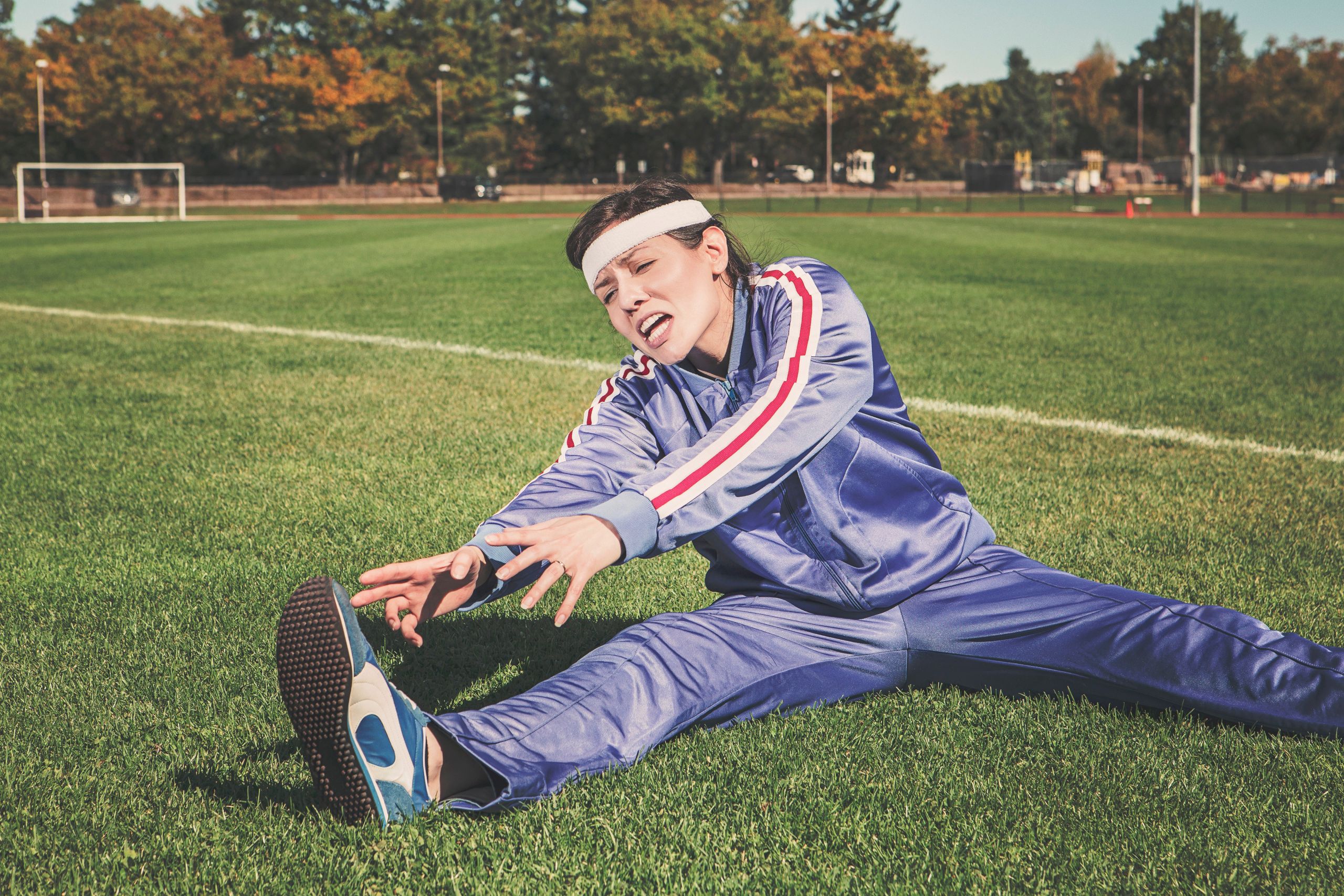If you don’t already know Fitenium is a free, mobile, video-based social network for athletes who train strength or bodyweight exercises. At Fitenium users can follow their performance, compete and get discounts in nutrition and sports equipment stores. Download it here.
Doing sports on a regular basis is extremely healthy for both our body and our mental health. Going for a run, without going any further, helps improve the state of our memory.
However, in some cases runners are accused of causing certain “addictions” that can affect them. It is almost believed that some runners can be considered addicted to running which can affect your personal and professional life and is already called runnorexia.
The first thing to remember is that there is no clinical manual for which runnorexia is classified or present as an addiction. In this sense, it is similar to what is known as addiction to work or addiction to shopping. They do not follow the same mechanism as drug addiction -it does not affect them at the same level- but they can affect our well-being and our quality of life.

As for the practice of “addiction”, very little research has been done on this point at this point, and what does exist refers not only to the practice but also to addiction to sport in general. These studies indicate that around 18% of people who regularly practice sports have a particular addiction to sport, especially in the case of aerobic exercise.
The factors associated with this situation refer to physical and environmental variables. In the case of physical variables, the joy produced by the release of endorphins can affect the improvement. In the case of environmental variables, the social and personal image of the athlete influences the mechanism that leads to addiction.
Some have an athlete role, play a particularly important role in refining an individual’s identity, and have a certain level of anxiety. These people may feel that their value as athletes also determines their value as humans and as humans. If they fail as an athlete or runner, they also feel like they are failing as a person.
This can, above all, lead you to the feeling that you need to go for a run or play sports, not feel guilty or follow an obsessive-compulsive behavior that is not enough. There is. These same mechanisms can affect people who are absorbed in other things, such as work. As a result, it affects your social life, your work, and your mental health.
The recommendations in these cases are for those who see normal life affected and obstructed by obsessive-compulsive sport to manage the processes that are affecting the discomfort and the use of sport. It means that you can ask for help from a mental health professional to provide you with the right tools.






